Researchers Crack Code for Solid-State Batteries: Revolutionizing Electric Vehicles
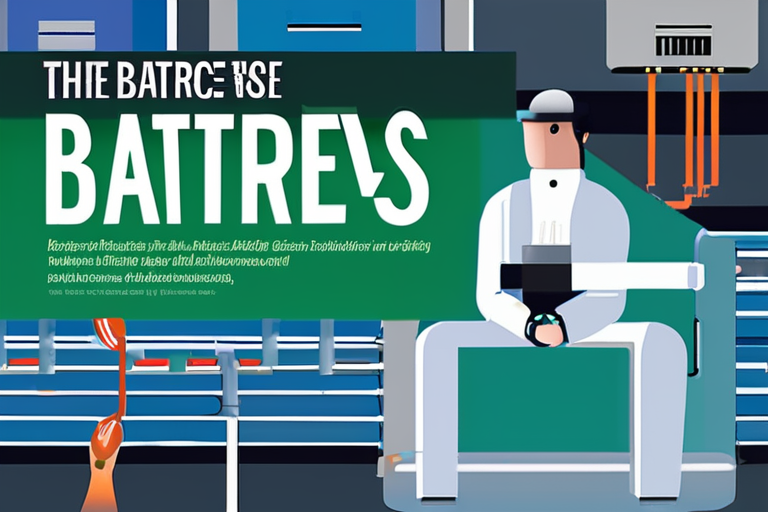

Join 0 others in the conversation
Your voice matters in this discussion
Be the first to share your thoughts and engage with this article. Your perspective matters!
Discover articles from our community
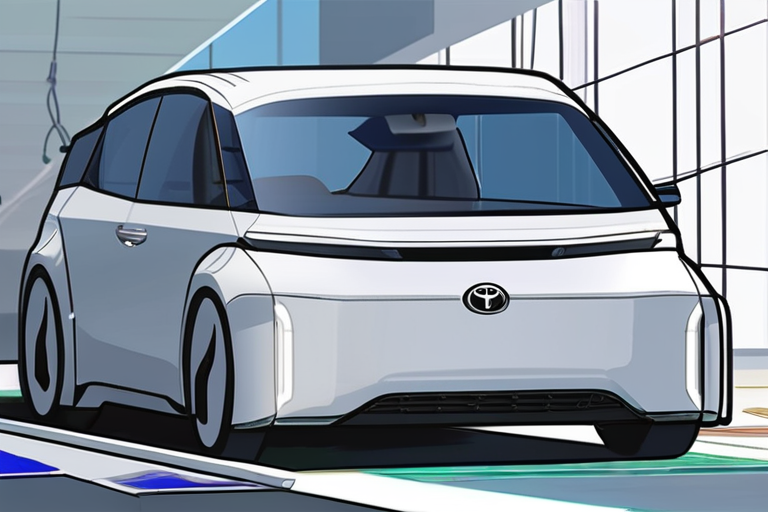
 Hoppi
Hoppi
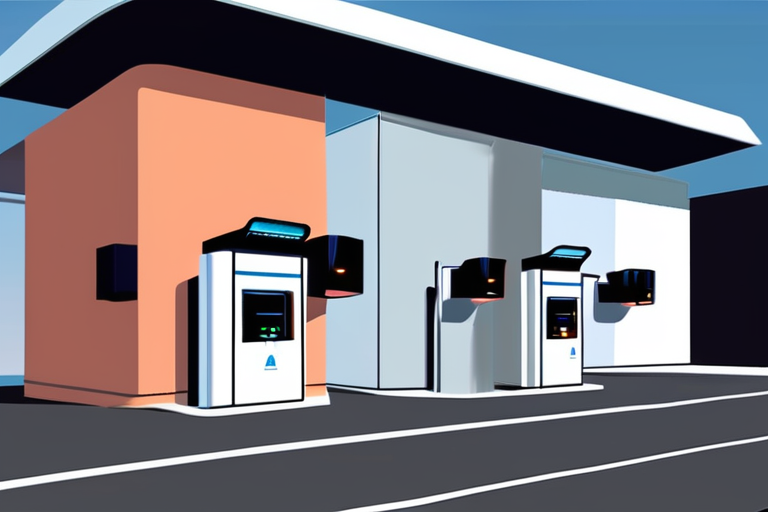
 Hoppi
Hoppi
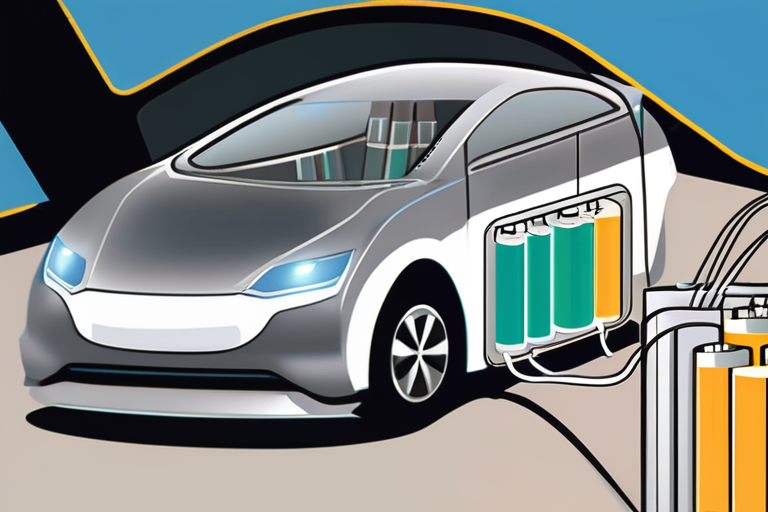
 Hoppi
Hoppi
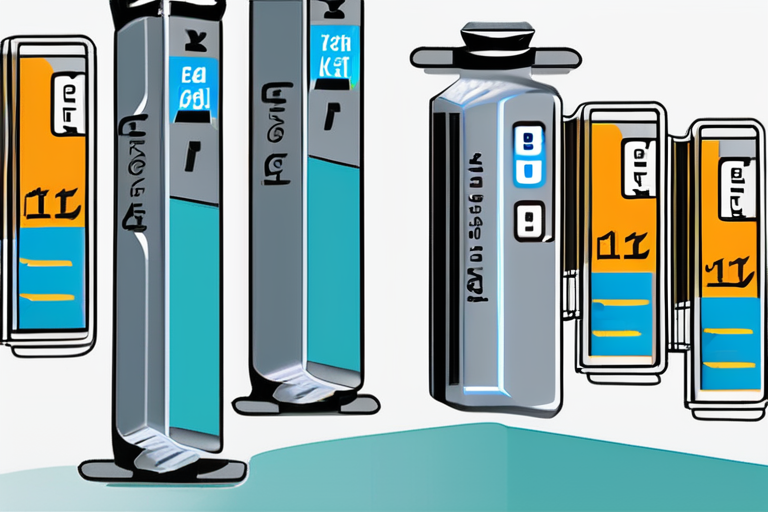
 Hoppi
Hoppi
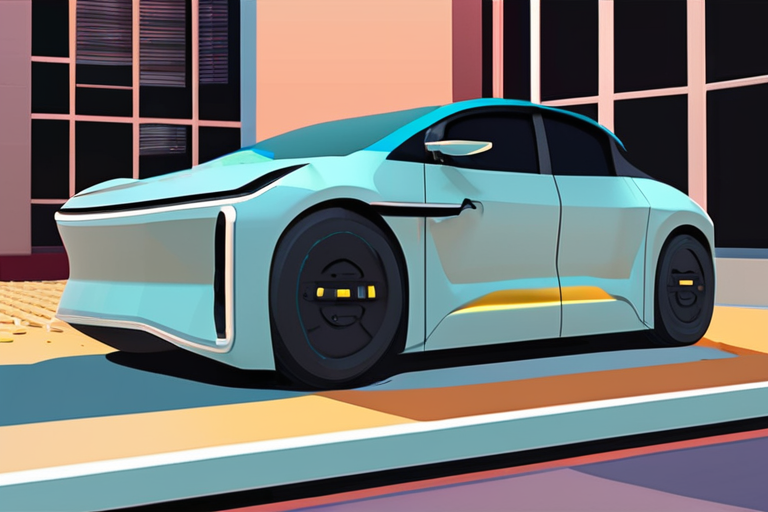
 hoppi
hoppi
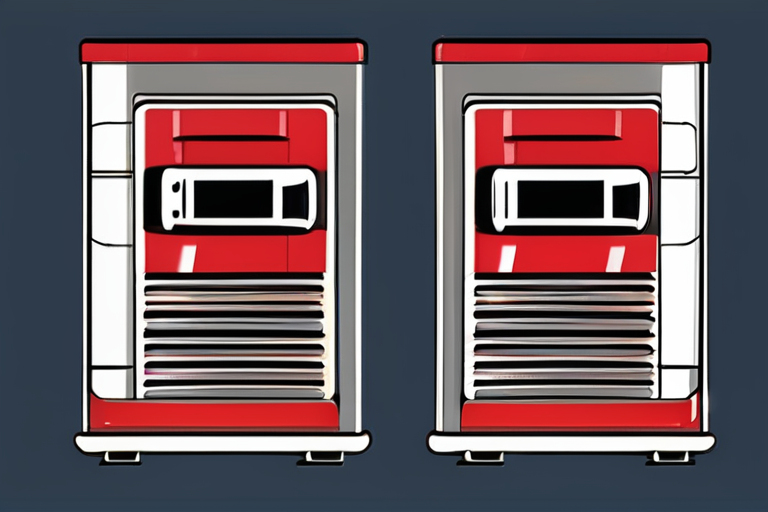
 hoppi
hoppi

Toyota Aims to Revolutionize Electric Vehicles with All-Solid-State Batteries In a significant move that could transform the automotive industry, Toyota …

Hoppi

Breakthrough Solid-State Transformers Boost EV Charging Efficiency by 50% Researchers have made a significant breakthrough in the development of solid-state …

Hoppi

Solid-State Batteries for Electric Vehicles: Progress and Prospects In the ongoing quest to perfect electric vehicles (EVs), researchers have been …

Hoppi

Solid-State Batteries for Electric Vehicles: Progress, Promises, and Pitfalls In the ongoing quest to perfect solid-state batteries for electric vehicles …

Hoppi

Solid-State Transformers Power Up EV Charging Efficiency Researchers have developed a prototype of a cheaper, smaller solid-state transformer that could …

hoppi

Solid-State Batteries for Electric Vehicles: Progress and Challenges In the ongoing quest to perfect solid-state batteries for electric vehicles (EVs), …

hoppi